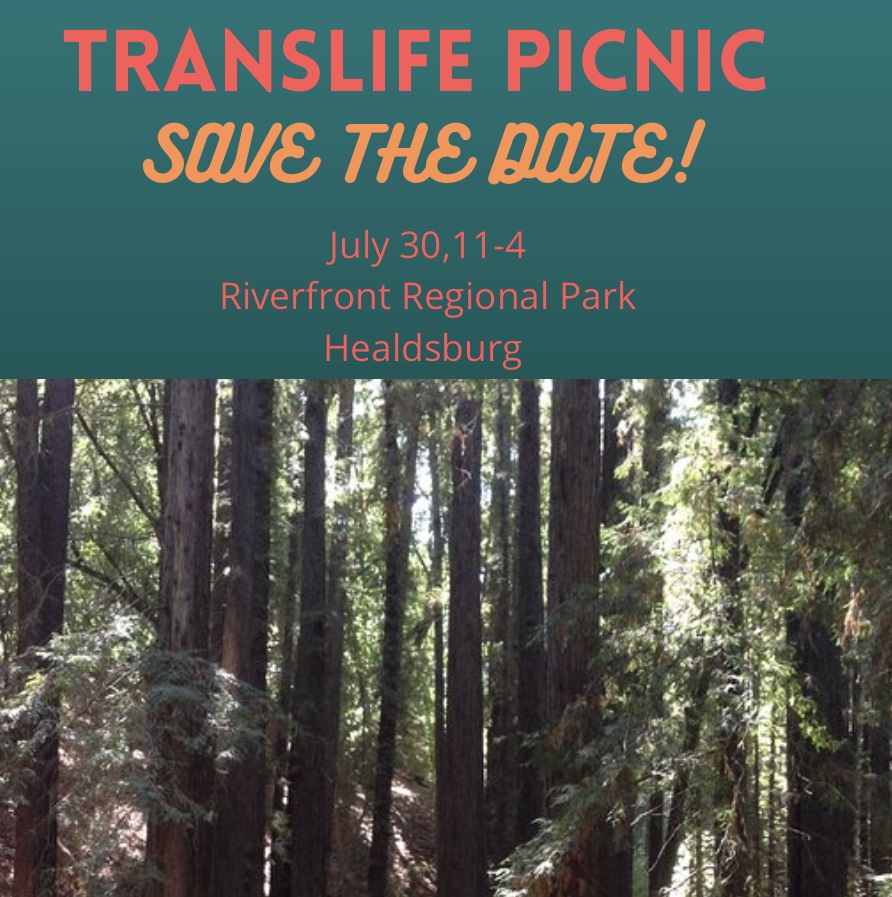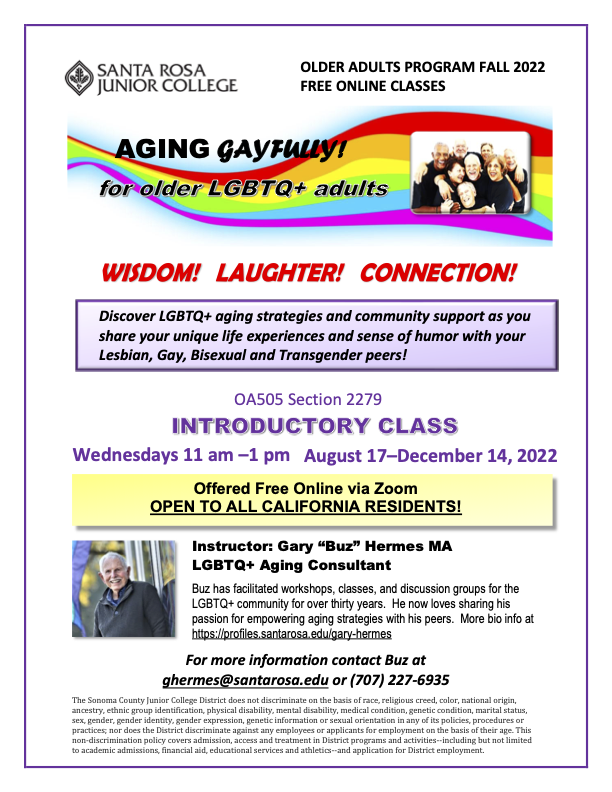There are at least 1,008 out candidates running this year, surpassing the record of 1,006 set in 2020, according to the LGBTQ Victory Fund, which supports out candidates who are also qualified and viable.
“We’re excited to continue making historic firsts,” Sean Meloy, Victory Fund’s vice president of political programs, tells The Advocate.
The field this year is significantly more diverse than previous ones as well. “We have a lot of folks who’ve stepped forward to represent the most underrepresented parts of our community,” Meloy says. There are over 100 more LGBTQ+ people of color running in 2022 than in 2020, a 58 percent increase from that year and a 225 percent increase from 2018.
Fifty-five transgender people are running in 2022, a 62 percent increase from 2020 and a 15 percent increase from 2018. There are 20 gender-nonconforming candidates, compared to none in 2020 and two in 2018. There are also 103 bisexual candidates, a 32 percent increase from 2020 and a 264 percent increase to 2018.
Since 2020, there has been a 73 percent increase in LGBTQ+ people running for federal office, a 12 percent increase in out candidates for state legislatures, and a 543 percent increase in LGBTQ+ candidates for statewide office.
Visibility and participation in the political process are especially important at a time of escalating political attacks on LGBTQ+ people, Meloy says. “If we’re not in the room, we’re not going to be able to respond,” he says.
Victory Fund President and CEO Annise Parker made that point as well in a Victory Fund press release. “The writing is on the wall for the LGBTQ community and our allies: Our rights are on the ballot this year,” she said. “The people we elect this cycle will make decisions about what our kids are allowed to learn and say in the classroom, what health care choices people will be allowed to make about their own bodies and possibly, whether we will continue to be allowed to marry those we love. With more LGBTQ people running than ever before, this election also brings incredible opportunity to elect fiercely pro-choice, pro-equality leaders up and down the ballot. The LGBTQ leaders we elect will not only be critical voices in halls of power across the country, their success will be a deafening rebuke to the wave of hate impacting our community.”
So far, Victory Fund has endorsed 314 candidates this year, with more likely to come before November. The organization’s criteria, in addition to being out, include supporting reproductive choice and other privacy-related rights; endorsing the diversity of the LGBTQ+ community; being qualified for the office sought; and having a viable campaign plan.
Numerous Victory Fund-endorsed candidates stand to make history this year. Maura Healey in Massachusetts and Tina Kotek in Oregon could become the nation’s first lesbian governors. Jared Polis, seeking reelection in Colorado, would be the first out gay man elected to a second term.
Dana Nessel, a lesbian, is seeking reelection as Michigan’s attorney general; she’s only the second out AG in the nation (Healey was the first). In Arizona, Kris Mayes, another gay woman, is running to be that state’s first out attorney general. There are some others running for statewide offices, such as Erick Russell, a gay man running for Connecticut treasurer; he’d be the first Black member of the LGBTQ+ community to hold statewide office.
Several states are likely to elect their first out members of the U.S. House, including Hawaii, Illinois, Maryland, North Carolina, Oregon, and Vermont. State legislatures in Minnesota, Montana, and Pennsylvania stand to have their first trans or nonbinary members.
For people with political aspirations, there are opportunities before 2024, Meloy notes. Many school boards and city councils hold elections in odd-numbered years, and those bodies can be a good place to start one’s political career, he says. For those interested in those races, he suggests receiving training through Victory Institute (Victory Fund’s sister organization) or another group, studying the issues, forming a message, and making a campaign plan. “A lot of that is knocking on doors and knowing your neighbors,” he says.
For those who want to support candidates, campaigns always need volunteers to make phone calls, go door-to-door, and more, and above all, it’s important to register and vote.
Meloy adds that even with the record number of candidates this year and more than 1,000 out politicians in office nationwide, the U.S. is far from having proportional representation of the LGBTQ+ community. “We need to elect 35,000 more LGBTQ people to have parity,” he says. But this year’s record field provides a chance to work toward that.


